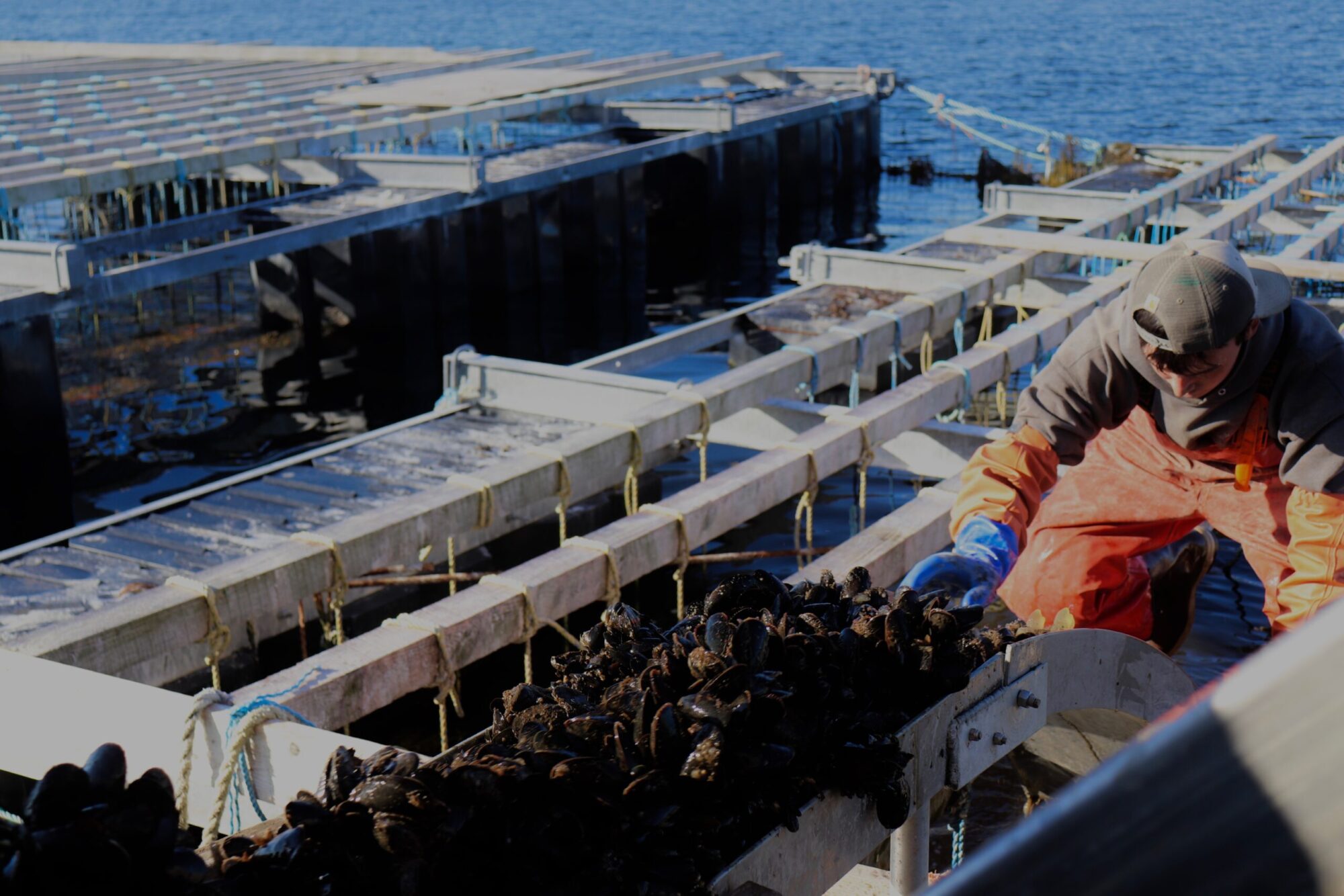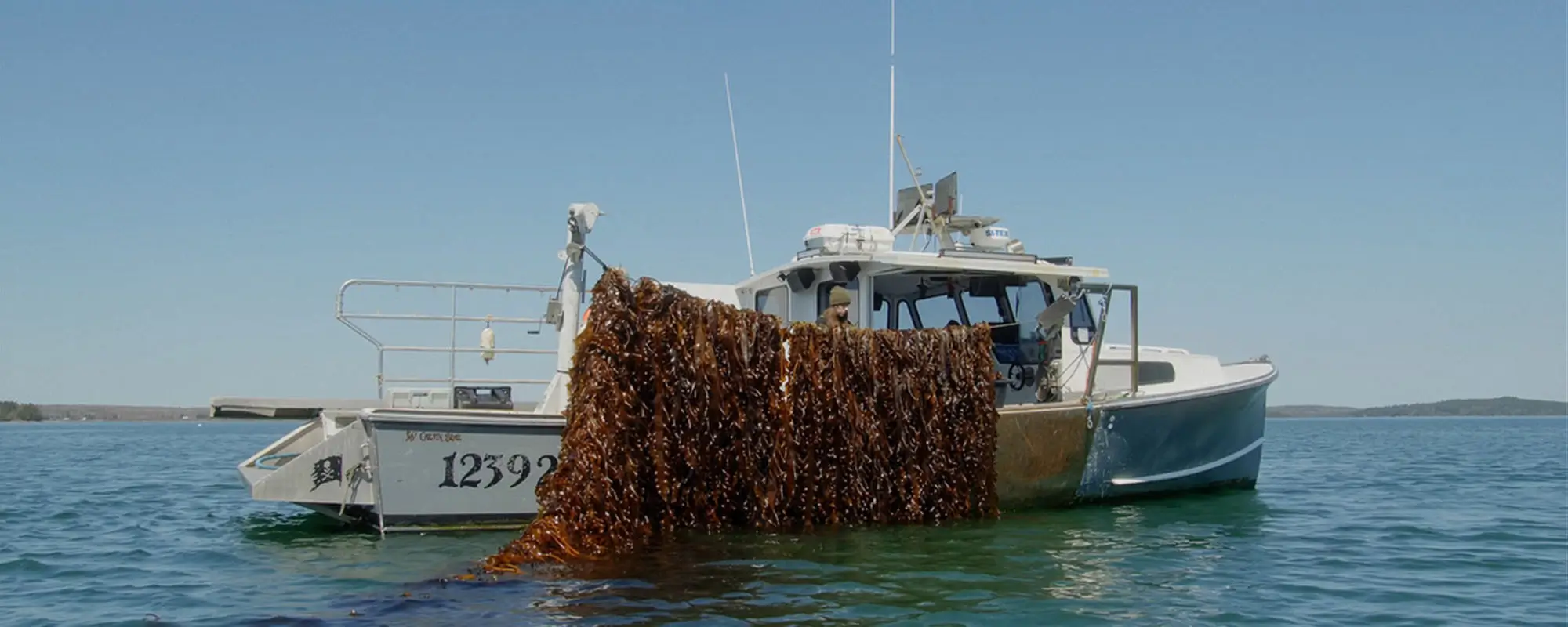Kelp is a fascinating type of oceanic vegetation that has many uses. According to the World Wildlife Fund, seaweed production, including kelp, has doubled in the last decade. This is due in large part to the discovery of new uses for kelp. Here are a few fun facts about this amazing plant that you might not know about.
1. Kelp Is Seaweed
Kelp is actually a highly nutritious type of seaweed. Surprisingly, kelp is NOT a plant but is instead an algae and a member of the Protist kingdom. It’s also sometimes called brown algae, although it looks more similar to a tree when it’s growing underwater. Kelp grows all over the globe. Kelp farming, however, has grown into a booming industry in the last decade. Wild kelp can be found in Australia, Africa, South America, North America, and even Antarctica.
2. Kelp Grows Well in Cool, Shallow Water
One of the reasons why kelp can grow in places like Antarctica is because it likes cool environments. In fact, kelp grows best in cool water where it can develop its nutrient-dense leaves. Kelp also likes shallow water because it needs a good amount of sunlight to grow abundantly. Depths of at least 7 feet are ideal, though kelp lines can be submerged deeper than that.
3. Kelp Has No Roots
Although it may look like it, kelp actually has no roots. Instead of roots, kelp has something called a holdfast that keeps it attached firmly to a solid structure, like rocks. A holdfast doesn’t absorb nutrients the same way roots do, so the kelp fronds do this job instead.
4. Kelp Grows Quickly
Kelp can grow quickly in the right conditions, and this helps make kelp farming a lucrative career. Sugar kelp grows especially quickly, as much as 1 cm per day and can reach over 15 feet in just a few months.
5. Kelp Is Home to Marine Life
Not only is kelp a nutritious source of food, but it also provides a rich environment for marine life to live in. Many creatures live in kelp, and some whales even play with seaweed, throwing seaweed on their heads and using it for dental hygiene!
6. Kelp Farming Is Good for the Environment
Not only is kelp beneficial for humans, farmers, and sea creatures, but it can also help fight global warming. Kelp absorbs carbon dioxide from the seawater, which helps to minimize the negative impacts of climate change.
Kelp is an incredible plant that offers numerous practical benefits. If you’re interested in kelp farming, contact the Maine Aquaculture Association today to learn more about how our services can benefit you. We look forward to assisting you!

